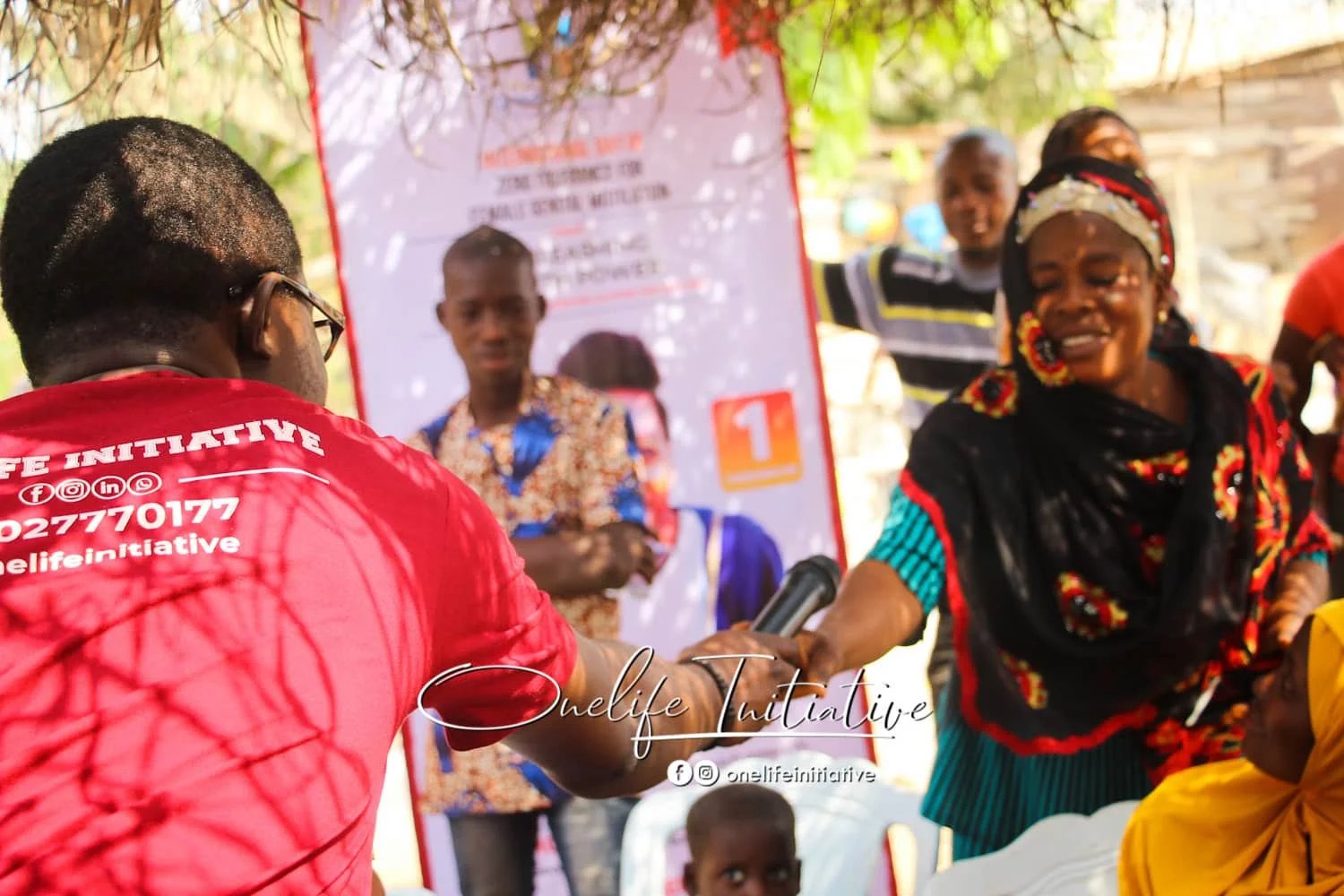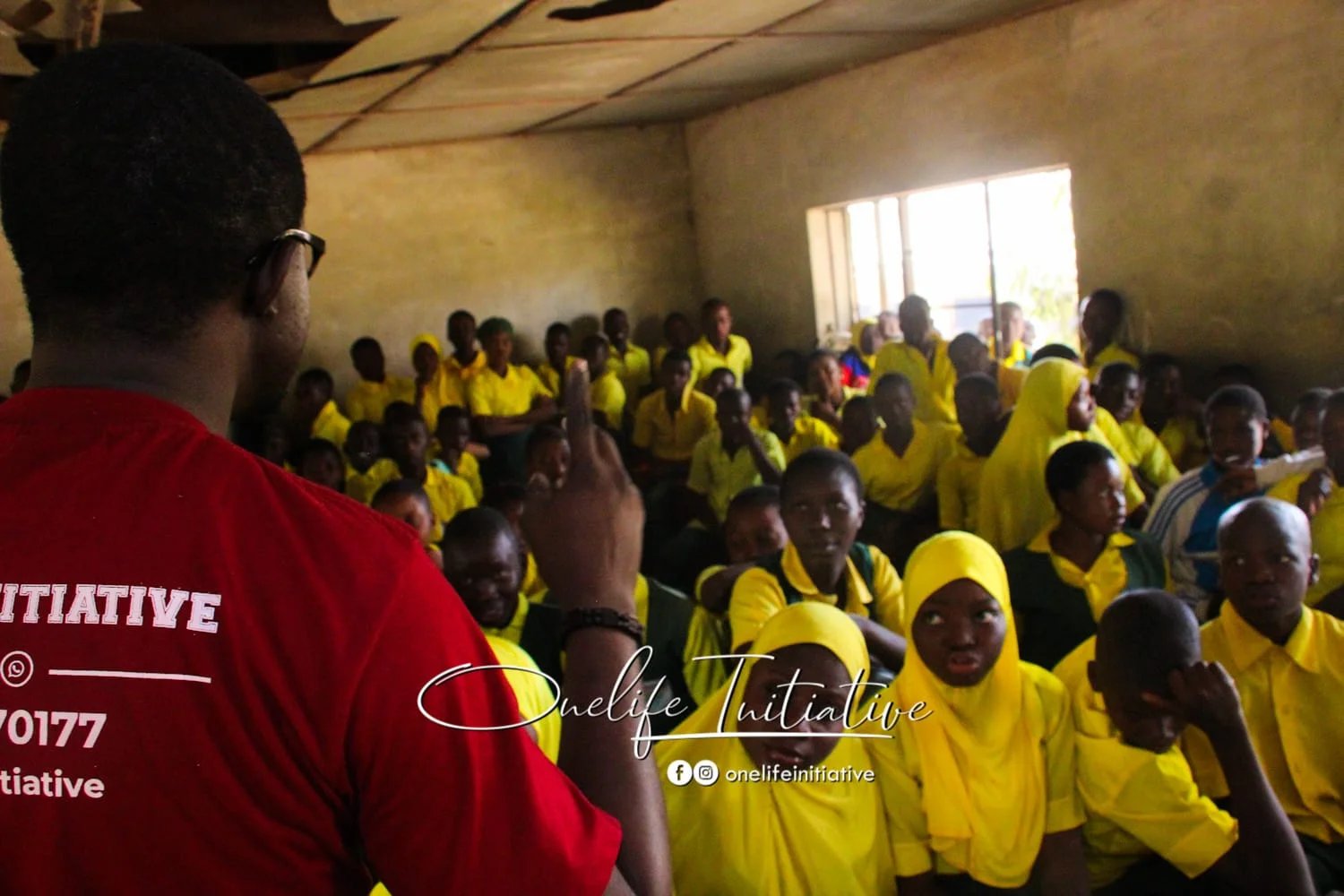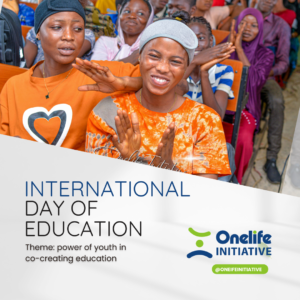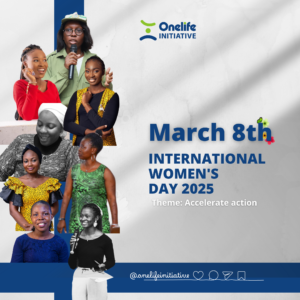Engaging Young People: The New Revolution to End FGM

“Promise me that if I listen to you, nothing will happen to my daughter” this was the honest response from a concerned mother who was hearing about the end Female Genital Mutilation (FGM) message from us at Ajia market, Ibadan. As much as it seems the end FGM story is everywhere already, the truth is there are still some towns and groups of people who are still in the dark and haven’t gotten the message. Can this be as a result of unavailability of resources to access these areas or negligence on the part of the program planners?
With the decline in prevalence rate of Nigeria that has moved from 25% to 20%, it won’t be bad to mention that we have made progress. The decrease in prevalence can still come with improvements in programming and more advocacies especially if we are aiming at achieving the SDG of zero tolerance to FGM by 2030. The alternative to speeding up the movement for a cause is involving young people. This age group possess the energy that is needed to get the campaign running. For a cause like ending FGM the importance of young people being at the forefront cannot be overemphasized.

FGM has to do with the culture and beliefs of people. Culture is something people strongly hold on to which makes FGM something people want to identify with because of its perceived benefits. Culture starts with a person and can end with another too. People are encouraged to adapt their cultures to replace harmful practices so as to benefit everyone.
For us, teaching every young person we come in contact with about FGM is a little way of exposing them to adopting a new culture and taking us closer to the aim of ending female genital mutilation in one generation. Most time when young people are taught about FGM you begin to hear questions like, how do I know I have been mutilated, are you sure people still practice FGM because it is only practiced in the village and not in places like where we live. At the end of sessions on FGM you begin to see young adults who feel sorry for survivors of the practice and are ready to speak out anywhere about the truths of FGM.
During the commemoration of International Day of Zero Tolerance for FGM, we reached out to about 267 young people directly through our interaction with students in three schools and about 400 using our social media platforms. It didn’t just stop at young people, we also reached out to adults who are members of the Ajia community. We were also able to reach thousands of people via several media interviews done in 5 stations. As an organisation, we are always hyped to engage members of the society on the effects of FGM and its impact on the society as a whole. We have done so much and we look forward to doing much more, we will not give up until we reach the goal. You can join us in this campaign to end FGM.



